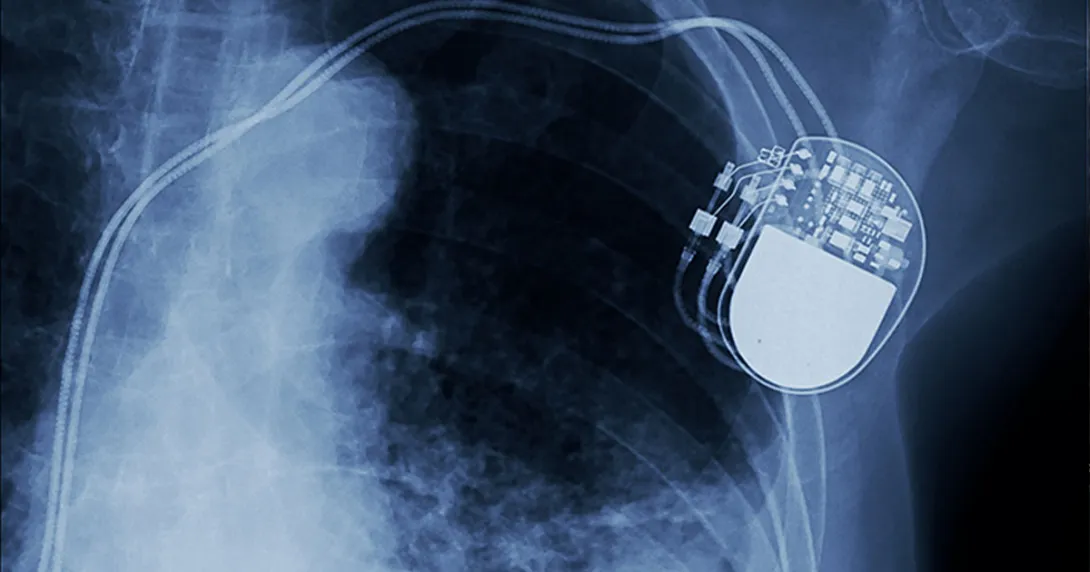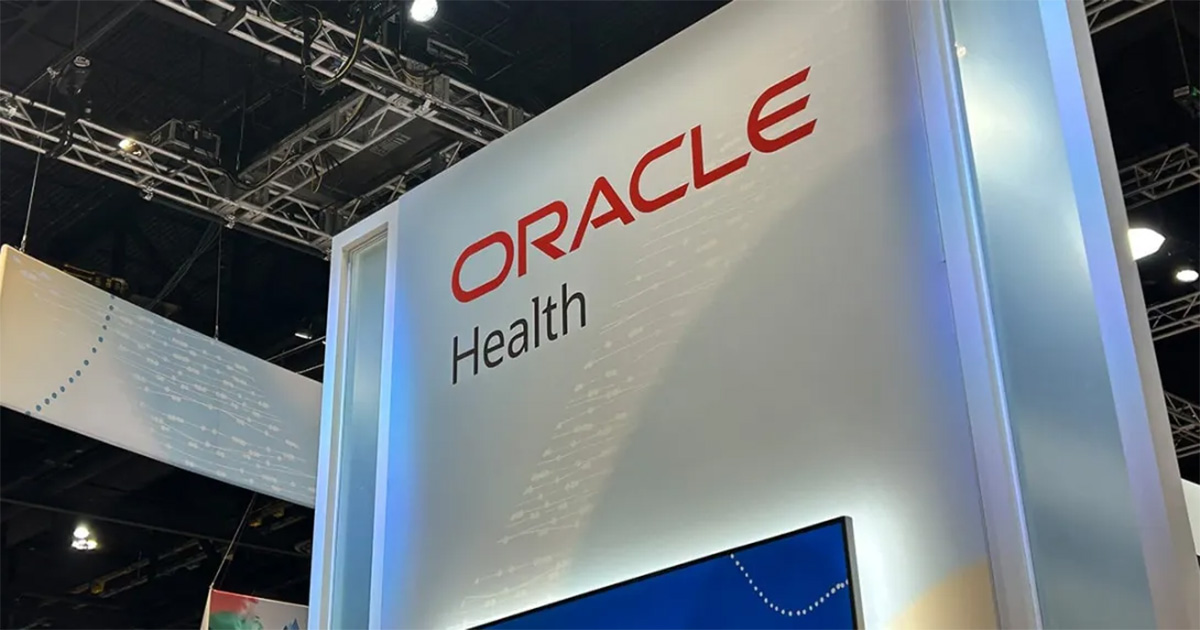Mercy Memorial Hospital System, a 238-bed community hospital in metropolitan Detroit, will replace its legacy technology with an enterprise-wide health information technology system. The move is aimed at making it possible for the hospital, its 200 staff physicians and post-acute care providers to connect and collaborate for a team approach to care.
Mercy Memorial's implementation will include Allscripts acute care electronic health record and practice management technology for the hospital's employed and affiliated physicians. The rollout will also include the Allscripts Care Management discharge planning solution to streamline patient movement through the hospital and provide continuity of care following discharge to post-acute care or the patient’s home.
For the hospital system’s CIO, Bruce Kelly, the new technology represents a big step to modernization. The hospital will give up its McKesson legacy system for a new enterprise-wide EHR system that will work with the ambulatory EHR. The physician offices are still paper-based.
“All of our systems are many releases behind,” said Kelly, who came on board at Mercy Medical about two years ago. “So we started looking at replacing systems rather than upgrading systems. That’s how far behind we are.”
Kelly said they were looking at the Eclipsys acute care EHR when Eclipsys and Allscripts announced plans to merge on June 9.
“That’s where our project really started – finding something for the acute care market,” he said. The merger added additional impetus to go with Eclipsys, he added, because other hospital vendors don't have a “real strong” ambulatory care product.
“With the merger, (Allscripts) did,” Kelly said.
“The merger of Allscripts and Eclipsys represents the best of all worlds for our patients, with acute, ambulatory and post-acute solutions all coming together on one platform,” said Kelly, who pointed out that the new technology would help Mercy Memorial execute on a key organizational strategy in developing into an accountable care organization.
For Glen Tullman, CEO of Allscripts, Mercy’s decision to go with Allscripts is the first time a hospital has selected the EHR for both acute care and ambulatory care since the merger – “two best-of-breed, which were really only one,” he said.
Sean W. Wieland, senior research analyst at Piper Jaffray, agreed, calling the merger “a match made in heaven on a PowerPoint slide.”
The appeal lies in the promise of integration. “I think that as these two organizations combine their market strengths, it will translate into new, highly integrated services and products,” said Michael O’Rourke, senior vice president and CIO for Denver-based Catholic Health Initiatives, which operates 72 hospitals.
Tullman said several hospitals have selected Eclipsys for the hospital side and Allscripts for the ambulatory side, and those customers in large part drove the merger.
Go-live for Mercy Memorial Hospital System is March 2012. Ambulatory rollout is planned for spring of 2011.


